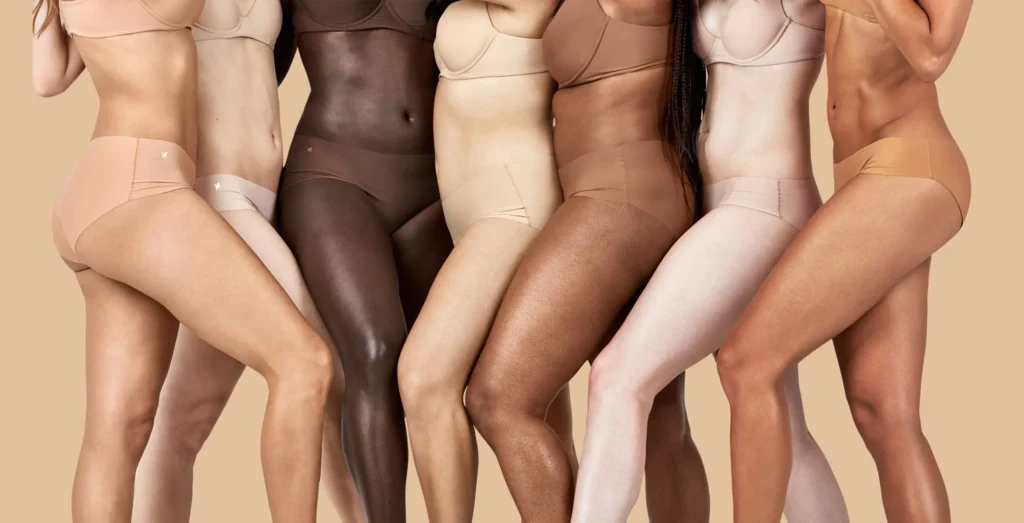The concept of nudity in clothing has always been a topic of debate across cultures and generations. With the evolution of fashion, art, and media, society’s perception of nudity has shifted significantly. What was once considered taboo is now often seen as a form of self-expression and body positivity. However, this evolving approach also brings complex social, psychological, and moral implications that continue to shape societal values.
Historical and Cultural Perspectives
Historically, nudity was not always viewed negatively. In ancient civilizations like Greece and India, the human body was celebrated as a symbol of beauty and purity. Art, sculptures, and religious depictions often embraced nudity as a natural and spiritual element. However, with the rise of conservatism and colonial influences, the body began to be seen through the lens of modesty and morality. Over time, clothing became a marker of decency, status, and cultural identity.
Modern Fashion and Media Influence
In the modern world, fashion designers and media industries have redefined nudity. Transparent fabrics, bold cuts, and minimal clothing are now seen on runways and social media platforms as symbols of empowerment and confidence. Many argue that this approach challenges traditional norms and promotes body acceptance. Celebrities and influencers use fashion to express individuality, rejecting shame associated with body exposure. However, this openness also raises concerns about over-sexualization and the growing pressure to conform to unrealistic beauty standards.

Social and Psychological Impact
The “nudity approach” in clothing influences how society perceives gender, morality, and identity. On one hand, it encourages freedom of expression and supports movements like body positivity and feminism. On the other hand, it can blur the line between empowerment and exploitation, especially when commercial industries profit from sexualized imagery. The exposure of skin often becomes a tool for attention and marketing rather than genuine self-expression, leading to mixed societal reactions.
The impact of nudity in clothing on society is a reflection of changing cultural dynamics. While it promotes self-acceptance and challenges outdated norms, it also sparks debates about morality, decency, and the commercialization of the human body. Ultimately, society must strike a balance between freedom of expression and cultural sensitivity. Nudity in clothing should be viewed not merely as exposure but as a conscious choice—an expression of individuality, art, and empowerment, guided by respect for oneself and others.
The Dark Side of Modeling Industry
The Dark Side of Glamour and Fashion Industry
Hot Lingerie Culture: Confidence, Style, and Expression
Beauty Pageants website design
![]()





